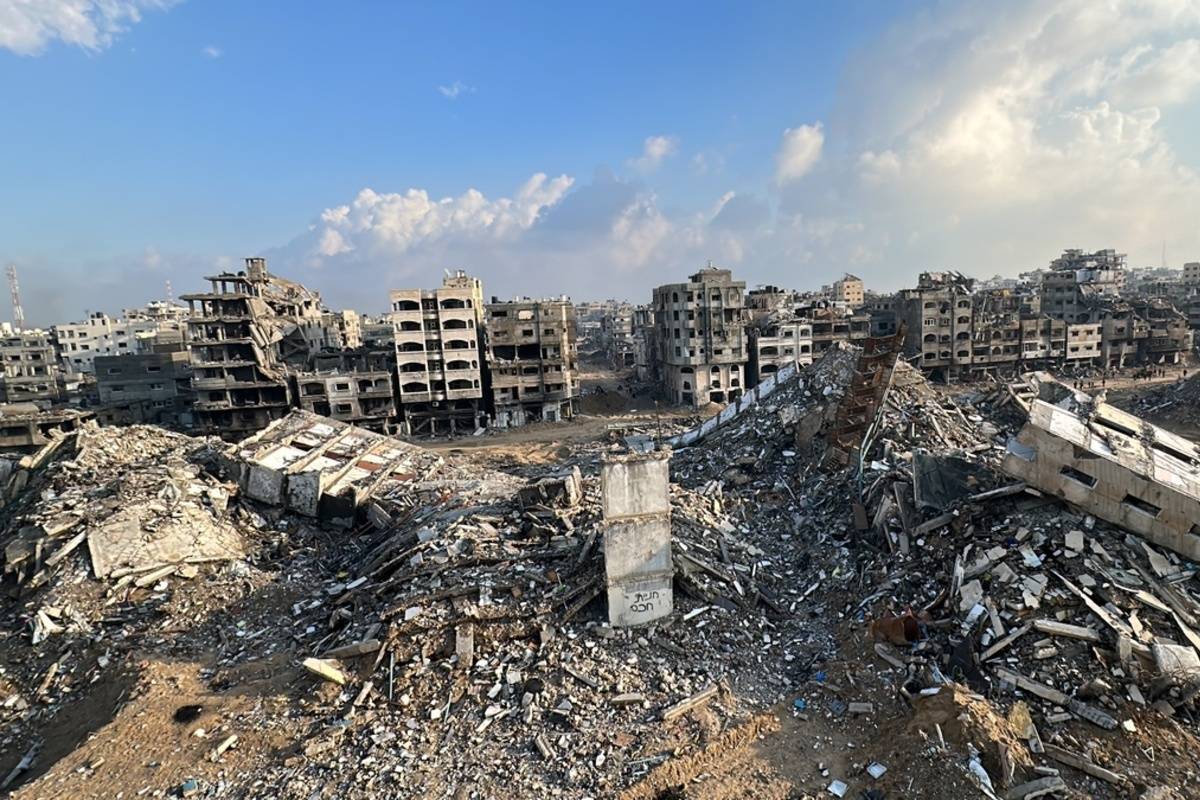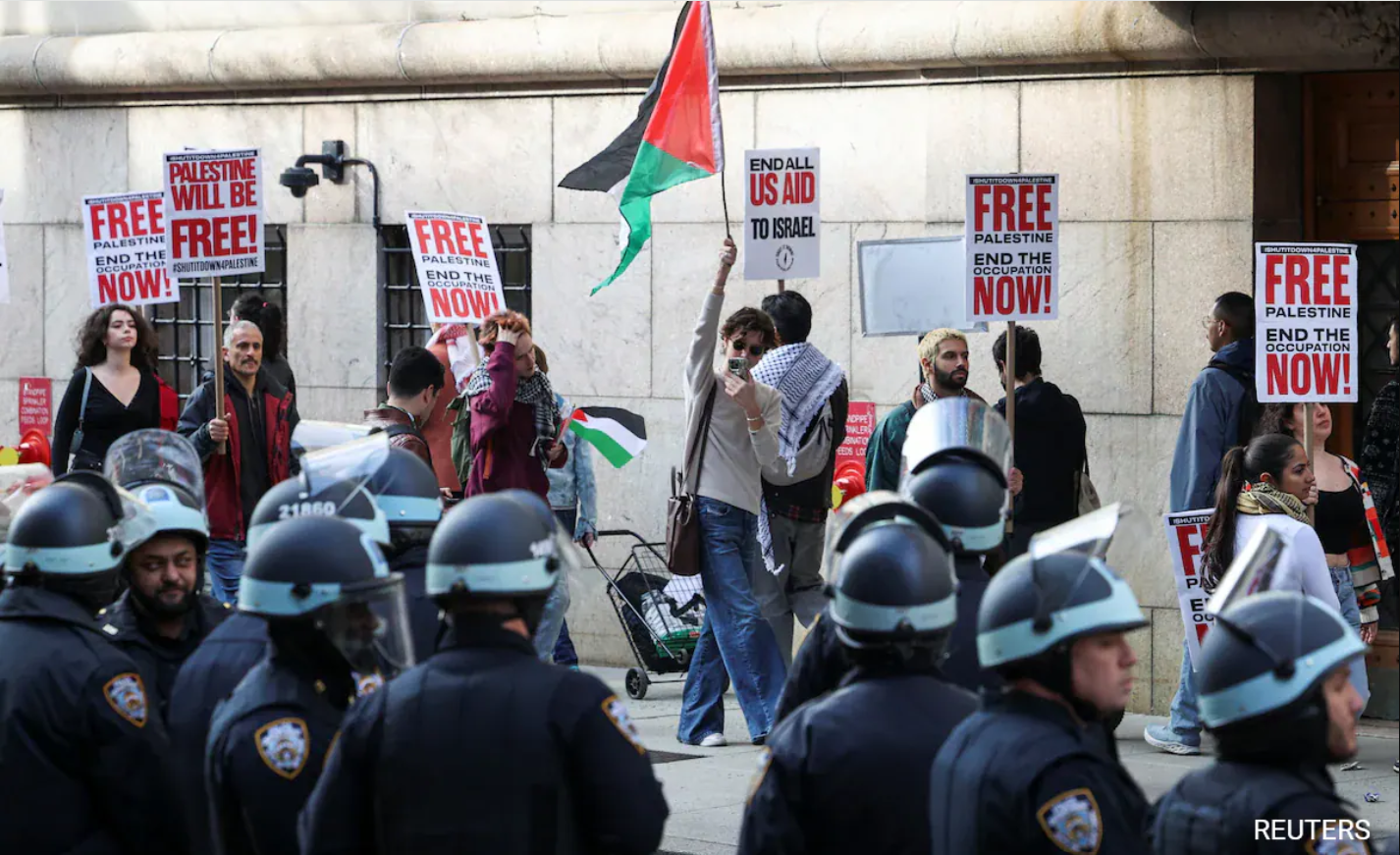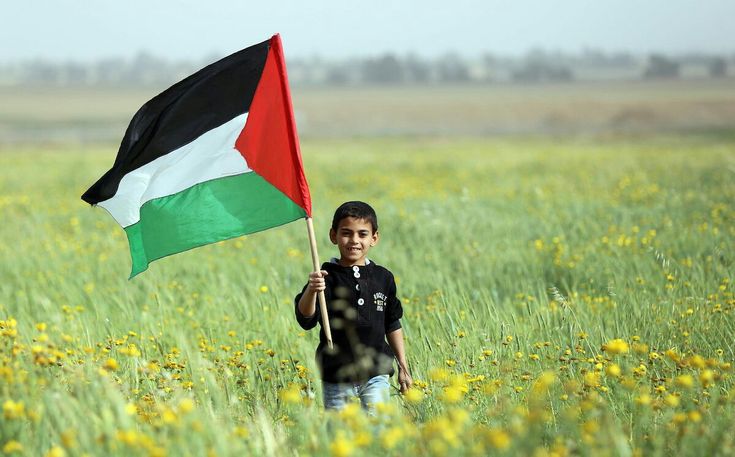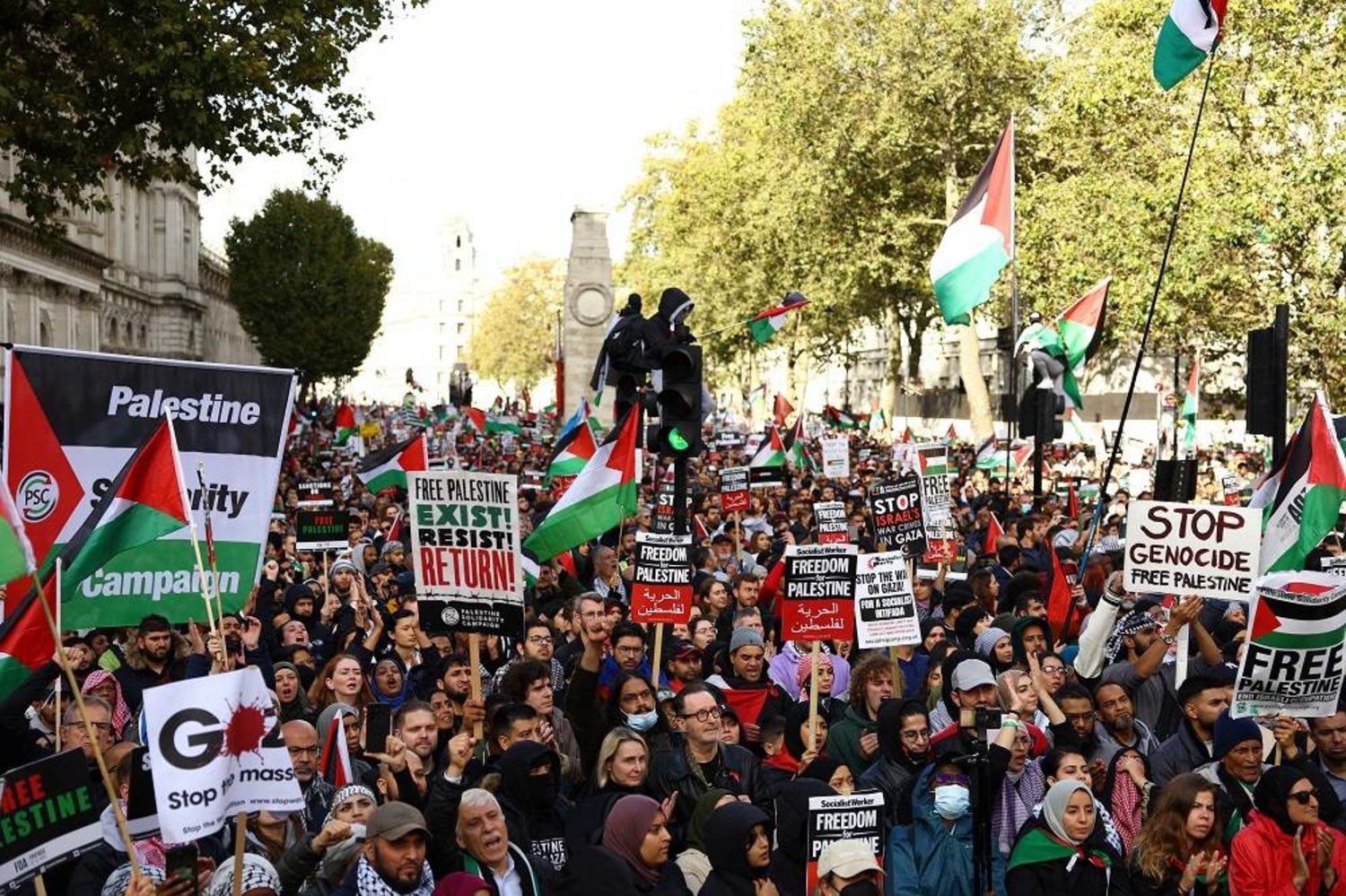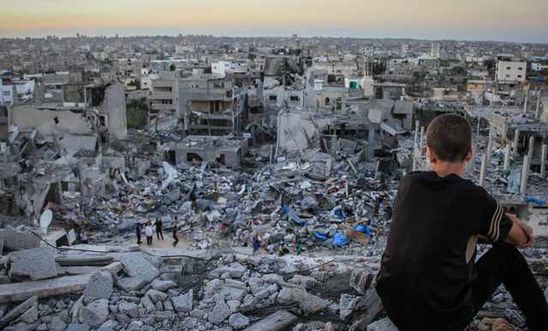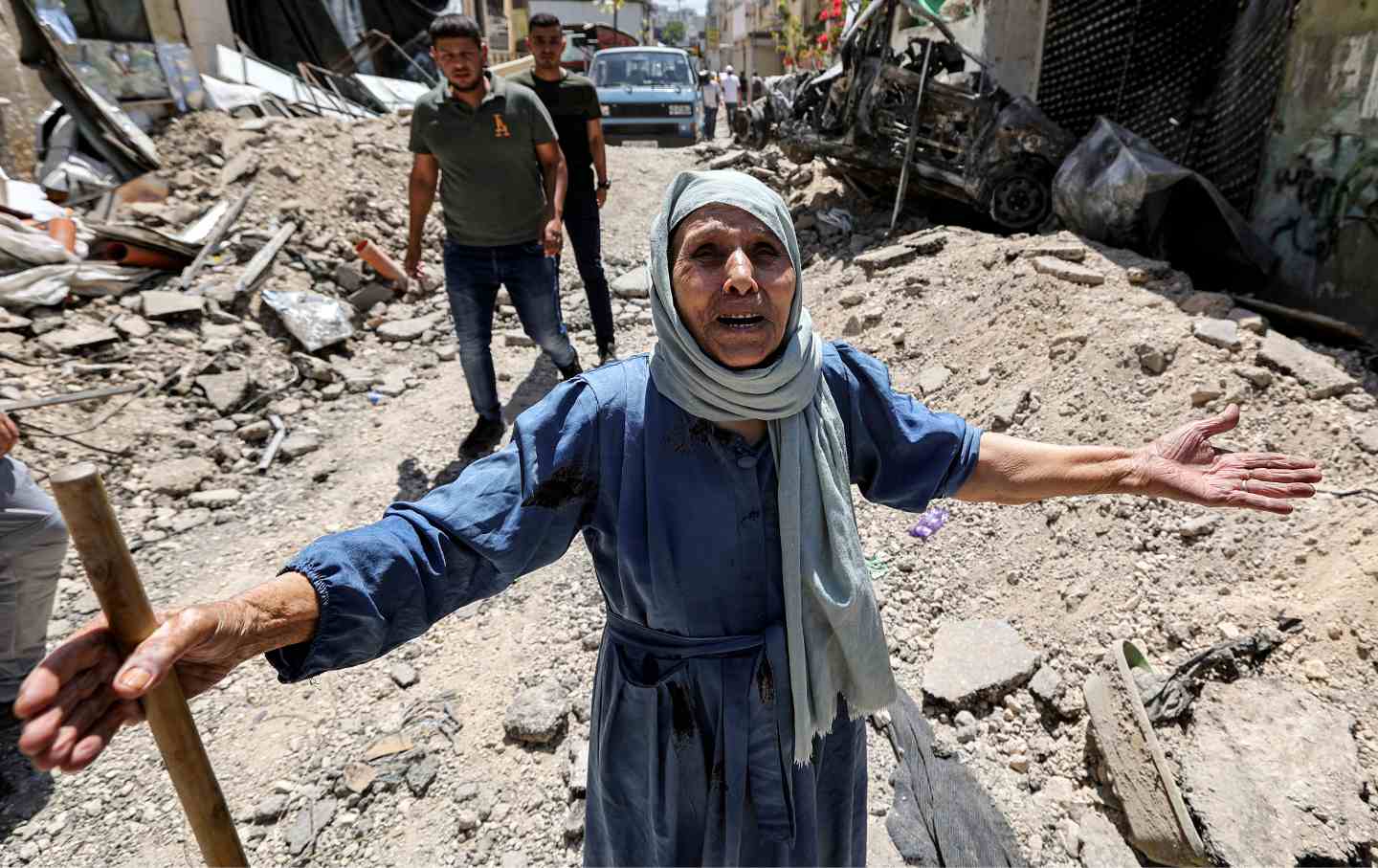Let's presume the majority of Israel's government and people are not of the opinion of some other more radical elements in that society who call for the transfer of Palestinians outside the country [preferably to Jordan]. Let's say the majority of Israelis still believe in "peace" – and I use this word loosely, and a settlement – even more loosely – with the Palestinians. If this majority believes the Palestinians should be able to live on land it can call its own, then the question that arises in light of circumstances that point to the contrary, is where exactly are these Palestinians allowed to live?
I know this sounds simplistic and perhaps a bit sarcastic, which it admittedly is. But it is a valid question considering Israel's increasingly intransigent positions towards facilitating such a settlement. Will Palestinians live in Jerusalem? Well, no, at least not in a Jerusalem that is part of their future state of Palestine. Jerusalem, if you recall, is the "undivided, eternal capital of Israel." Israel has made it quite clear over the years it is not about to relinquish that self-granted, so-called God-given right.
Ok, then if not in Jerusalem, where else can the Palestinians live comfortably and freely? Let's see, in the occupied territories. Yes, even international law insists that land captured by Israel in the 1967 War is occupied land. The borders of the West Bank and Gaza [and east Jerusalem for that matter] are the internationally accepted perimeters for a final settlement between the two states. It only makes sense that Israel withdraw from the areas it is militarily controlling – and please, no one dare try and say it is not controlling the major Palestinian cities, because this is not the funny pages. That way, it can remain on the land it "acquired" [I'm being nice here with my choice of words] in the 1948 War and we can finally live as any other nation in our rightful homeland.
Stop! This fantasy can be thrown out of the window as well. Are we forgetting the tiny obstacle called settlements? These monstrous structures, along with their infrastructure, roads and the separation wall built to protect them take up some 40 percent of West Bank land. Even in the best case scenario – which would be Israel dismantling some of the smaller settlements and outposts in a final agreement, the major settlement blocs are non-negotiable. Israel wants them for itself. Perhaps in an unbalanced "land swap", the Palestinians would get some arid desert land in the Negev in exchange, probably the most inhospitable area of land in all of Palestine. Nice deal, indeed.
Well, that leaves about half of the West Bank for us. Excellent. Ramallah, Nablus and Hebron would definitely be part of an independent Palestine. Gaza, too. How the newly independent Palestinians are going to go back and forth to Gaza is yet to be agreed on. The details are a whole different ballgame.
Ok, so what about those Palestinians who endured the 1948 War and continue to live within what are now the borders of Israel? They were forced upon the new Zionists whose dream was to create a purely Jewish state and have remained the proverbial thorn in Israel's side. So, barring those whose villages were pillaged and destroyed by the invading Jewish and Israeli armies, can the others live wherever they wish within the borders of their homeland? Actually no. This week, 50 rabbis signed an open letter urging Jews not to rent to non-Jews – retranslated of course, into Palestinian Arabs. "He who sells or rents (to non-Jews) causes his neighbors a big loss and his sin is great," the letter said. "Anyone who sells (property to a non-Jew) must be cut off!!"
The move was initiated by Safed Chief Rabbi Shmuel Eliyahu in a bid to cut off the slow influx of Palestinian Arabs to the northern city that mostly go there to study at the Safed Academic College. Safed was ethnically cleansed of its Palestinian population during the 1948 War. The fact that the statement was highly racist was not a problem for those who advocated it.
"Racism originated in the Torah," Rabbi Yosef Scheinen of Ashdod proudly pointed out. "The land of Israel is designated for the people of Israel."
It is scary that such sentiments come from religious leaders who were employed by the Israeli government. While Israeli Prime Minister Benjamin Netanyahu did condemn the letter saying it was "undemocratic", the question is whether the premier will do anything about it if the rabbis' recommendation finds an ear with the public. My guess? Probably not. That is because Netanyahu, whether he says it or not, also believes the land of Israel is for the Jews only. Hence, the insistence on the Palestinians recognizing Israel as a Jewish state and the constant stalling of any progress in negotiations so settlement expansion could continue unabated. More land for the Jews is what it comes down to.
But back to the question at hand. If the Palestinians cannot live freely in Jerusalem, inside Israel or even in all of the West Bank, then what kind of state is being negotiated? Israel's blatant disregard for international standards and democratic principles coupled with this arrogant and racist mentality that "the land of Israel" [which not long ago was known as Palestine] has always been for the Jews can never coincide with sincere efforts to create peace.
It is now for the world to realize this. Argentina and Brazil have stepped up and recognized a Palestinian state. Uruguay and other South American countries may follow suit. If the tide continues and we Palestinians make a concerted effort to encourage it, a viable Palestinian state will become an inevitable reality.
However, with the situation as it is today, I can only come to one conclusion: The Palestinians, if left to the mercy of the United States and Israel, will find themselves in cramped and isolated cantons over which they will have no real power. That is no way to live, now is it?
Joharah Baker is a Writer for the Media and Information Department at the Palestinian Initiative for the Promotion of Global Dialogue and Democracy (MIFTAH). She can be contacted at mid@miftah.org.




